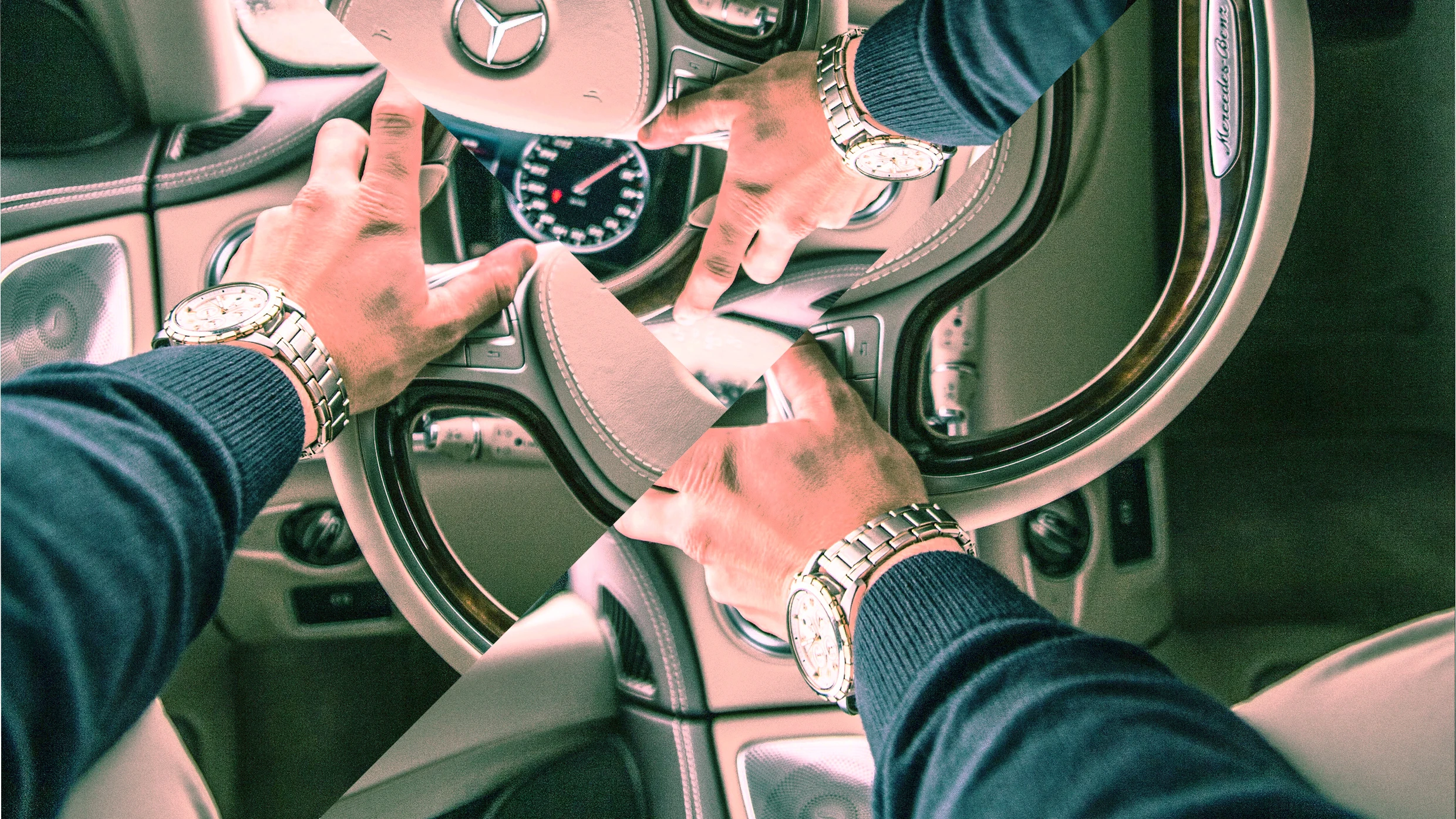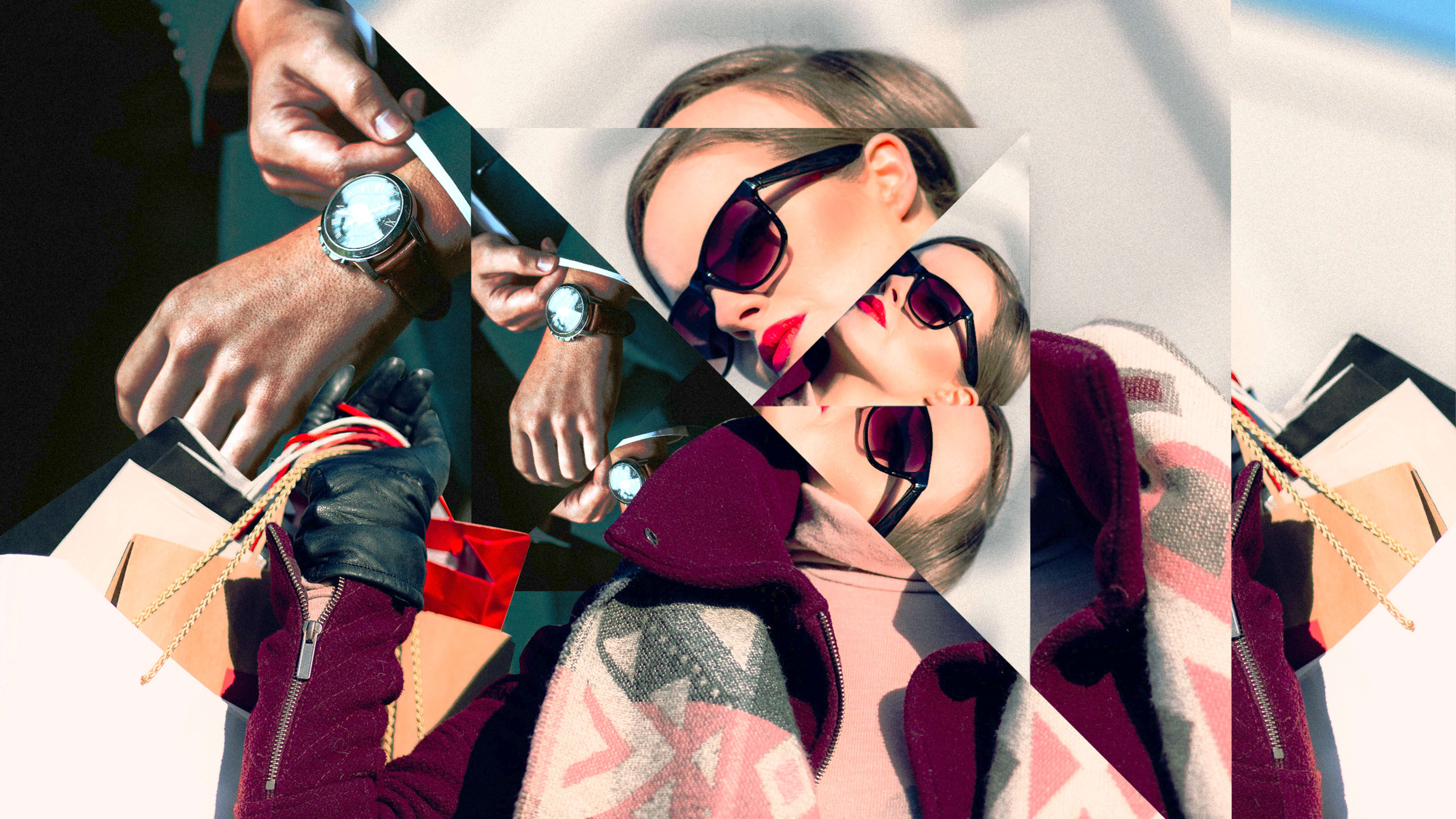What makes someone buy a Chanel bag or an Hermès scarf?
Luxury brands like to talk about their craftsmanship and heritage. But let’s face it: They also sell scarce, expensive stuff. That, in turn, confers upon the people who buy them a sense that they are more fortunate and privileged than others, and have a higher social status than people who don’t own similar luxury items. On the surface, this should feel good. But a new study from researchers at Harvard Business School and Boston College reveals that luxury goods make many people who own them feel terrible. “[W]e argue that luxury can be a double-edged sword because, paradoxically, the associations of superiority and privilege that often make luxury so desirable can backfire and make consumers feel inauthentic,” the authors write.
At the heart of the study is the idea that buying luxury products is a form of performance. Luxury brands invest a lot of money in marketing a lifestyle of comfort and good taste. Consumers who buy these products aren’t just buying a physical item. They’re also buying the opportunity to feel like they are acting out this desirable lifestyle. But the study suggests that consumers struggle to reconcile who they feel they really are with this artificial role they are playing, and this leads to feelings of discomfort. Put another way, their desire to reflect their authentic self is in tension with their desire to aspire to something better. The researchers call this the “imposter syndrome from luxury consumption.”
To gather their results, the researchers conducted seven studies in the lab as well as in the field, which took them everywhere from the Metropolitan Opera to Martha’s Vineyard to luxury shopping centers. In all of these places, they spoke primarily to high-earning U.S. consumers, who are able to afford the high price tags of luxury goods and are more likely to own them. In one example, the researchers recruited 80 iPhone owners around an Apple Store in a luxury shopping area. Some were asked to use a $320 gold-plated iPhone case for a while, and afterward they were asked how true to themselves they felt. And in this case, they found that “luxury consumption increases feelings of inauthenticity.” In another example, the researchers asked beachgoers on Martha’s Vineyard how authentic they would feel using a $250 Hermès beach towel, as opposed to a $25 Zara beach towel. They were also asked about the degree to which they felt like the use of the luxury or non-luxury towels were an undue privilege, and again, many people said that using a luxury beach towel would spur feelings of inauthenticity.

Of course, these studies aren’t entirely empirical. They rely on surveying participants and asking them how they feel about authenticity, which is a difficult thing to define and express. But throughout these experiments, the researchers found a relatively consistent result, which is that owning or using luxury products does not lead to positive feelings, a finding which runs contrary to the conventional wisdom about high-end goods. Most of us assume that buying a gorgeous, expensive item would make us happy, not send us into an existential crisis. And yet, even people who can handily afford these products feel uncomfortable carrying them around, because they feel like they are telegraphing an identity to the world they believe is untrue.
It’s worth pointing out, however, that the researchers found one group of people who didn’t feel bad about their luxury purchases, and these were people who had higher levels of “chronic psychological entitlement” than usual. This is an official term for people who believe that they are “special and should receive more resources and praise than others” based on psychological assessments, according to the study. (These are people who respond “yes” to questions like, “I feel entitled to more of everything,” and “Great things should come to me.”) About a third of all participants exhibited some chronic psychological entitlement, and higher levels of entitlement correlated with higher levels of comfort with luxury products.
None of this research is flattering to people who own luxury goods. Either the luxury clothes and accessories make you feel inauthentic, because you somehow don’t believe you deserve them, or you love them but that’s only because you’re chronically entitled.
What should consumers who appreciate quality goods do?
A new wave of brands, including Everlane, M.Gemi, and Cuyana, are focused on craftsmanship, but they’re relatively affordable and subtle in their design, so they don’t read as luxury goods. Cuyana, for instance, sells $150 tote bags and $495 leather backpacks, and the company uses skilled craftspeople to manufacture its products. Such brands are not about conspicuous displays of consumption but rather well-made products. You can buy them without worrying that you’re chronically psychologically entitled. Because that just sounds awful.
Recognize your brand’s excellence by applying to this year’s Brands That Matter Awards before the early-rate deadline, May 3.
